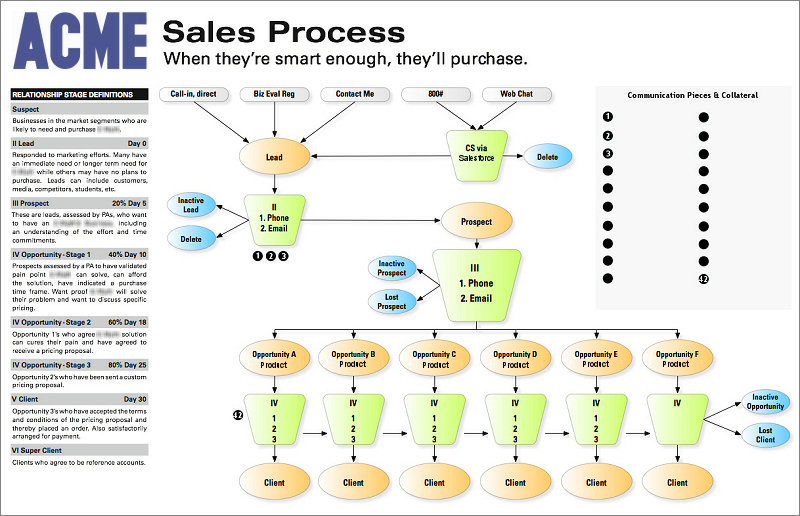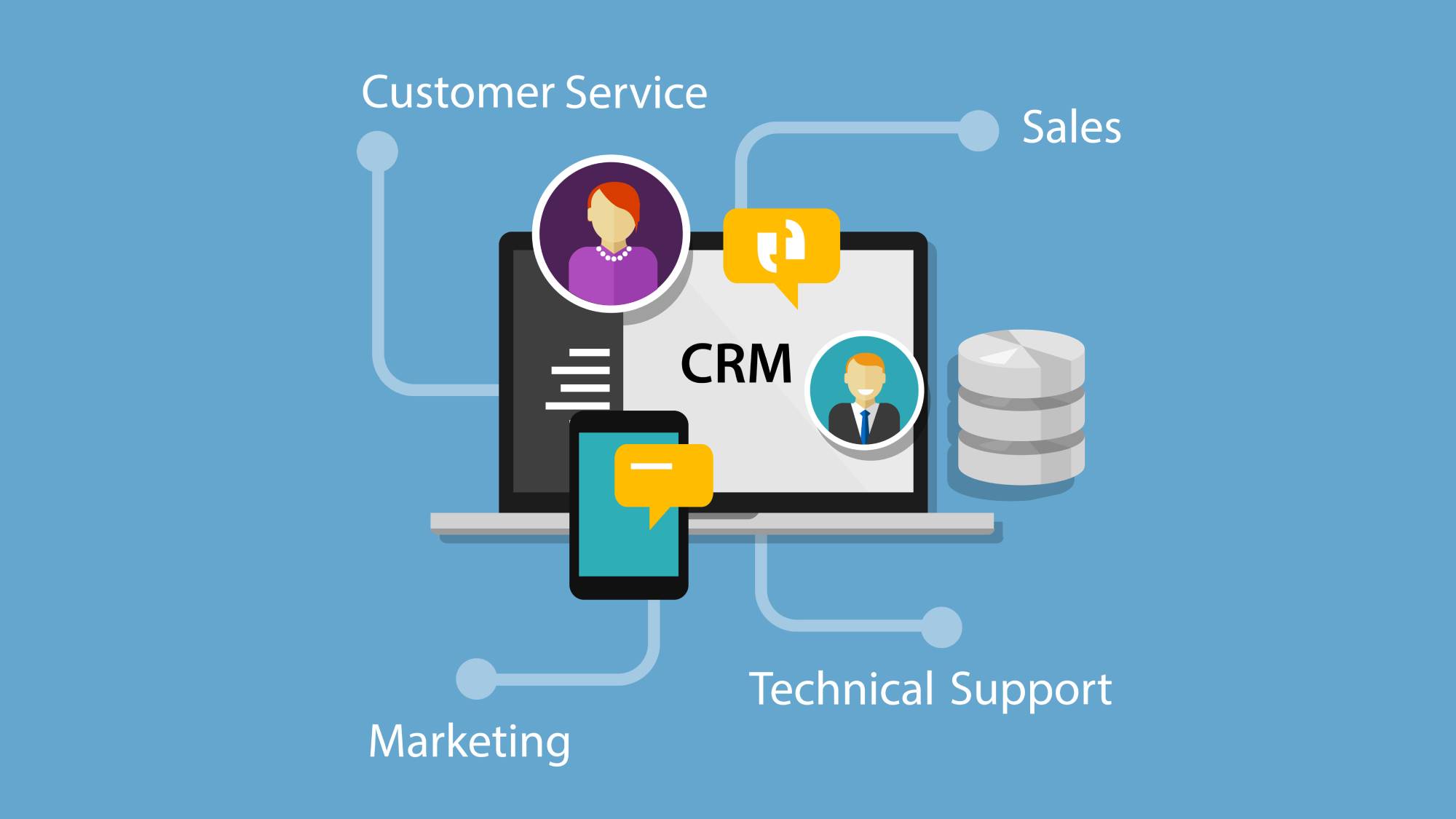A good CRM (Customer Relationship Management) system can help businesses in many ways, including:
- Increased sales: A CRM system can help businesses track their sales leads and opportunities, and automate tasks such as sending follow-up emails. This can help businesses close more deals and increase sales.
- Improved customer service: A CRM system can help businesses track customer interactions, so they can provide better service. For example, a CRM system can help businesses track customer complaints and resolve them quickly.
- Better decision-making: A CRM system can help businesses track their sales data and customer information. This information can be used to make better decisions about marketing, product development, and other areas.
- Increased efficiency: A CRM system can help businesses automate tasks and streamline their workflows. This can free up employees’ time so they can focus on more important tasks.
- Improved customer satisfaction: A CRM system can help businesses track customer feedback and satisfaction. This information can be used to improve products and services, and make customers happier.
 Here are some of the specific benefits of a good CRM system:
Here are some of the specific benefits of a good CRM system:
- Increased visibility: A CRM system can help businesses gain a better understanding of their customers. This includes their buying habits, preferences, and contact information. This information can be used to target marketing campaigns and personalize customer interactions.
- Improved communication: A CRM system can help businesses improve communication with their customers. This includes tracking customer interactions, sending out automated emails, and providing customer support.
- Automated tasks: A CRM system can automate many of the tasks involved in customer management. This includes tasks such as scheduling appointments, sending out invoices, and tracking leads. This can free up employees’ time so they can focus on more important tasks.
- Reporting and analytics: A CRM system can provide businesses with valuable insights into their customer data. This information can be used to improve marketing campaigns, identify trends, and make better business decisions.
Choosing a good CRM app and developing it can be a daunting task, but it’s worth it. Here are some additional statistics that demonstrate the value of CRM:
- Companies that use CRM software have a 20% higher customer retention rate than those that don’t.
- CRM-enabled companies close 25% more deals than those that don’t use CRM.
As you can see, there are solid reasons why CRM is important to a business. If you’re not using CRM yet, I encourage you to consider implementing it in your business. It could be the difference between success and failure.
Here are some tips for choosing a good CRM system:
- Consider your needs: Before you start shopping for a CRM system, take some time to think about your specific needs. What features are important to you? What size business are you? How many users will need access to the system?
- Do your research: There are many different CRM systems on the market. It’s important to do your research and compare different options before you make a decision.
- Get a free trial: Most CRM systems offer free trials. This is a great way to try out a system before you commit to it.
- Talk to other businesses: Talk to other businesses that use CRM systems. Get their feedback on the systems they use and see if they would recommend them.

